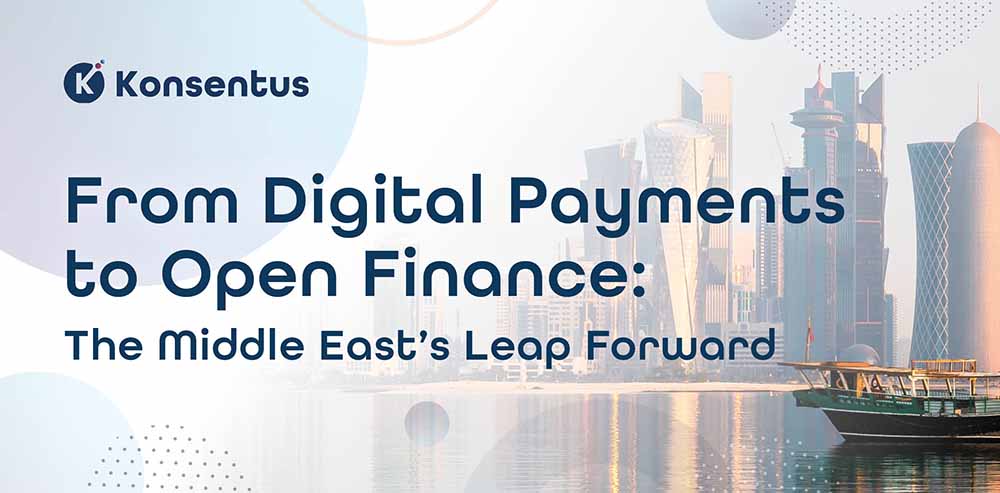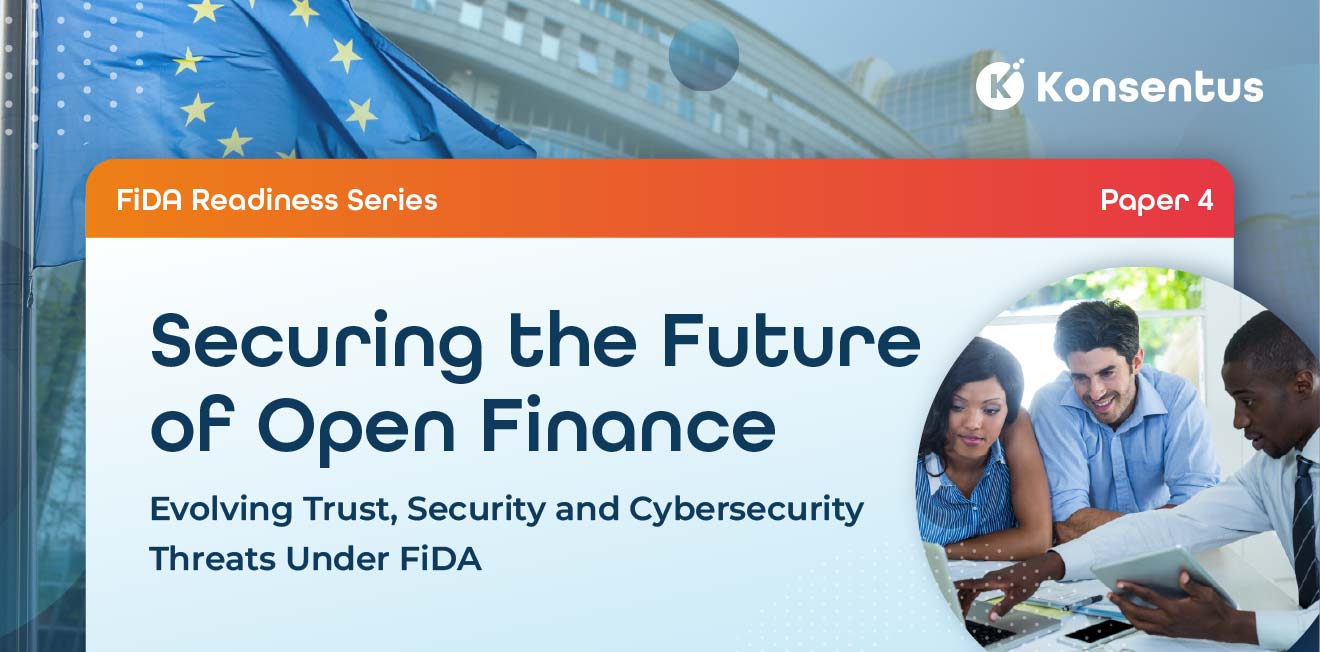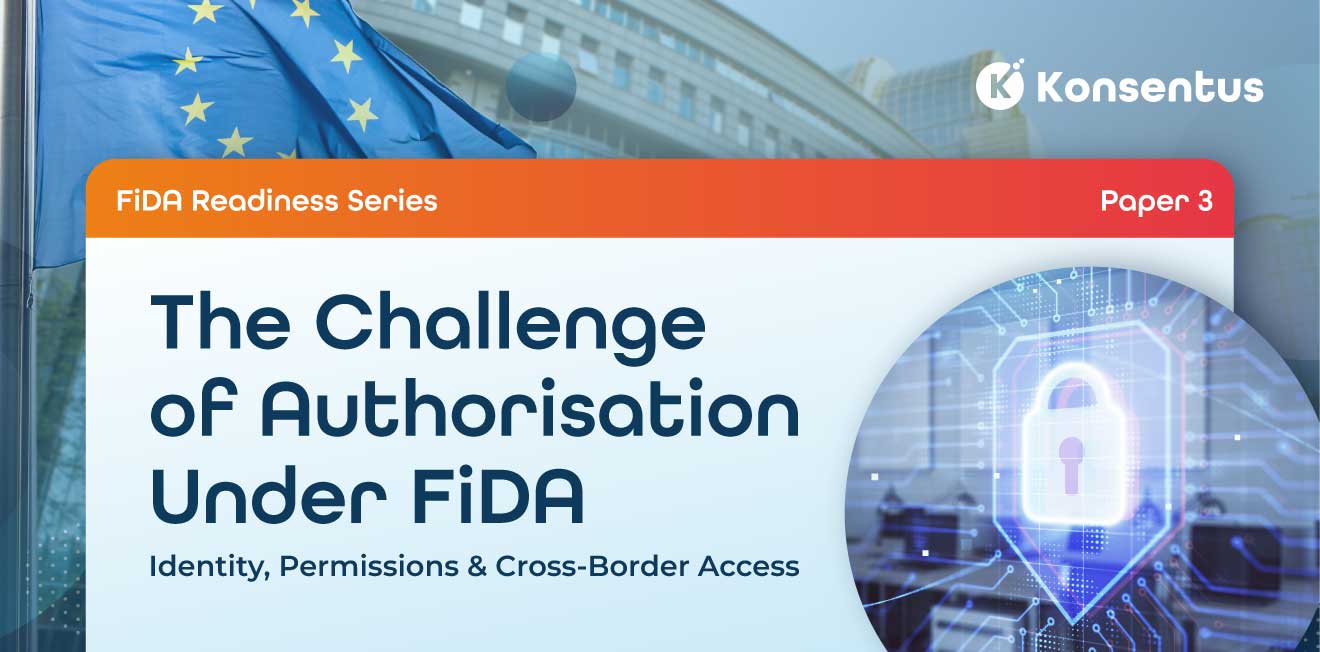This week, two announcements from the GCC Region show just how fast the Middle East’s financial landscape is evolving.
In Saudi Arabia, the central bank (SAMA) confirmed that Google Pay has officially launched in the Kingdom and that Alipay+ will be accepted by 2026. On the surface, this might look like a payments story, but in reality, it’s a glimpse into a much bigger transformation: the region’s transition from standalone digital banking products to fully interoperable open-finance ecosystems.
Meanwhile, in the UAE, Economy Middle East published an in-depth feature exploring how the Central Bank of the UAE (CBUAE) is moving ahead with its Open Finance strategy, and how this is reshaping the role of accountants and finance professionals. Instead of simply balancing books, they will increasingly be managing consent-driven data sharing across multiple platforms and service providers.
Together, these announcements show the next chapter of the Middle East’s digital journey: moving beyond digitising individual services towards connecting them into a trusted, data-driven financial web.
The Road So Far: Building Blocks for Open Finance
The Gulf states have been laying the groundwork for this transition for several years, steadily modernising the infrastructure that will make open finance possible.
Saudi Arabia has been one of the most visible trailblazers. Its Open Banking Framework, launched in 2022, set out a phased roadmap that began with account information services and is now moving toward payment initiation. The central bank has licensed several open-banking providers and created an Open Banking Lab to test and certify new participants, ensuring that when third-party access is enabled at scale it happens within a controlled and secure environment.
Elsewhere, Bahrain has played an important pioneering role, becoming the first country in the region to embed open banking requirements into regulation back in 2019. Its central bank has licensed multiple account aggregation and payment initiation providers, proving that the model can work safely in the Gulf.
The UAE has also taken big steps, rolling out a national Instant Payments Platform in 2023 and now designing a phased Open Finance framework that will eventually extend beyond banking into pensions and insurance – part of its wider Digital Economy Strategy.
Qatar has launched its instant payments system, FAWRAN and is now preparing the policy scaffolding needed for open banking. Oman and Kuwait are following a similar trajectory, piloting real-time payments infrastructure and laying the foundations for secure third-party data access.
These initiatives are creating the technical rails and regulatory guardrails for a new era in which financial data can move seamlessly and securely between authorised players. The arrival of Google Pay and Alipay+ in Saudi Arabia shows the other half of the equation: expanding the ecosystem of front-end providers that will plug into these rails, ultimately enriching the services available to end users.
Why This Matters: From Digital Payments to Data-Driven Services
While digital wallets are the most visible symbol of progress, their real significance lies in what they enable. As consumers become accustomed to using multiple financial apps and as regulators build frameworks that let data flow securely between them, a new generation of data-driven financial services becomes possible.
People will increasingly be able to access financial products that are tailored to their individual circumstances. Instead of being offered generic credit cards or loans, they could permit providers to analyse their full transaction history and spending behaviour, enabling offers that match their real capacity and goals. This has the potential to make financial services more relevant, more affordable and less risky for both consumers and providers.
The benefits for small and medium-sized businesses are just as profound. Today, many SMEs in the region face long waits and onerous paperwork to obtain financing, often needing to pledge heavy collateral. In an open-finance environment, they will be able to share verified cashflow, sales and tax data instantly with lenders, accelerating credit decisions and reducing reliance on collateral. That in turn can free up capital for growth, job creation and innovation.
Open finance could also drive a step change in financial inclusion. By allowing banks and fintechs to securely access alternative data on thin-file or unbanked customers, (always with the customer’s consent), it becomes possible to build accurate credit profiles for people who have previously been invisible to the financial system. Bringing these individuals into the formal economy can have a transformative effect on household resilience, entrepreneurship and social mobility.
At a systemic level, the removal of data silos promises to unlock significant operational efficiencies. Manual reconciliations, duplicative compliance processes and fragmented customer journeys could give way to faster, automated, interconnected workflows. That would not only reduce costs but also accelerate innovation cycles across the region’s financial sector.
Trust and Security: The Critical Enablers
If data is the fuel of open finance, trust is the engine that makes it run.
As more participants exchange sensitive data across borders and platforms, robust trust frameworks and security assurance mechanisms become essential. Consumers need confidence that only authorised, regulated entities can access their data – and only with their explicit consent. Financial institutions and fintechs need confidence that the parties they connect to are who they claim to be, meet regulatory standards and will handle data safely.
The Gulf’s regulators understand this and are building strong identity verification, authorisation management, API security and third-party risk controls into their open-finance plans from the outset. Many are studying international models such as the UK’s Open Banking Directory and the EU’s forthcoming Financial Data Access (FiDA) framework, while tailoring these lessons to the region’s own regulatory landscape.
Specialist providers of trust infrastructure – managing functions like identity federation, authorisation registries and real-time regulatory checking – will play a crucial behind-the-scenes role. They may never be visible to consumers, but they will be the invisible backbone ensuring the system is safe, resilient and scalable.
Regional Ripple Effects
Saudi Arabia and the UAE are clearly setting the pace, but their momentum is likely to ripple across the wider Middle East.
Bahrain has already shown that early adoption can attract fintech investment and talent, while Qatar, Oman and Kuwait can benefit from the network effects of interoperable standards if they move in step with their larger neighbours. Over time, we could see cross-border open-finance corridors emerge within the Gulf Cooperation Council (GCC), linking banks, fintechs, insurers and pension providers across markets – enabling seamless regional payments, remittances and financial data sharing.
Such connectivity could underpin everything from regional SME trade finance to portable retirement products for a mobile workforce – exactly the kind of innovation policymakers hope to unlock as they push to diversify their economies.
Looking Ahead: A Moment of Opportunity
SAMA’s embrace of Google Pay and its roadmap for Alipay+ acceptance is a powerful signal that the Middle East is not just digitising financial services, it is rewiring them. The Gulf’s financial infrastructure is being rebuilt to be API-first, consent-based and data-driven.
Payments may be the visible starting point, but the destination is much bigger: a trusted, interoperable open-finance ecosystem that delivers more choice, better value and greater inclusion for people and businesses.
With the right trust and security foundations, the Middle East can leapfrog legacy systems and become a global leader in open finance, showing how digital transformation, if done safely, can deliver lasting economic and societal benefits.
Building the Trust That Makes Open Finance Work
Open finance can only thrive when every participant can be trusted – and trust must be built into the system from day one. To enable secure data sharing between participants, they must be able to know each other, understand the services each can perform and interact safely.
For a trust framework to operate efficiently and effectively, a central organisation is required. Its role is to ensure that the administrative, operational and secretariat functions are carried out, while also managing the centralised technology infrastructure that secures the ecosystem and safeguards its integrity.
The Konsentus Open Trust Platform delivers these functions, enabling secure open data exchange between authorised participants.





